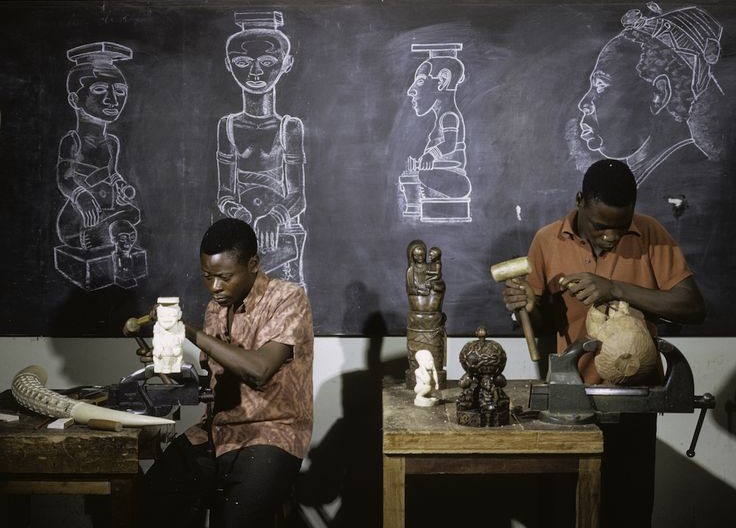
In the latest move to boost Liberia’s educational sector, the World Bank Board has approved financing for the Excellence in Learning in Liberia (EXCEL) Project. This project, aimed at improving the country’s education system, comes with significant financial backing: a $60 million credit from the International Development Association (IDA) and an additional $28.7 million grant from the Global Partnership for Education (GPE).
These funds, totaling nearly $90 million, are being hailed as a much-needed injection into Liberia’s long-overdue efforts to rebuild its education infrastructure. However, while this financing seems promising on the surface, there is growing concern over the unequal distribution of resources and the discrepancy between the financial support for education versus the amounts allocated to other sectors, particularly the political arena.
A Step in the Right Direction?
The EXCEL Project is designed to improve the quality of education in Liberia, which has been plagued by insufficient resources, outdated teaching materials, and a lack of skilled teachers. The funding from the IDA and GPE is set to focus on improving literacy and numeracy, providing better teaching materials, and investing in teacher training programs.
Liberia has made some strides since the end of its civil war, with a surge in school enrollments and an overall commitment to education. However, the country still faces significant challenges, particularly in rural areas, where access to quality education remains limited. This new funding is expected to have a direct impact on improving the education system, helping to pave the way for a better future for Liberia’s youth.
The Political Paradox: Why the Disconnect?
Despite the positive rhetoric surrounding this financing, the situation raises important questions about the priorities of the Liberian government and its international partners. The disparity between the investments in education and the amounts directed to political entities is striking. Millions are flowing into the political sphere, with politicians and government officials often securing large sums in allowances, perks, and budgets for their various offices. This disconnect highlights a broader issue: while millions are being allocated for the personal interests of the political elite, the country’s most essential sectors, including education, receive far less than what is truly needed.
The EXCEL Project, while a step forward, represents a fraction of the resources that are regularly funneled into the political class, which has often been criticized for diverting attention and funds away from essential services such as health and education. It’s clear that, even with international support, there is a pressing need for local leadership to take more responsibility and ensure that financial resources are used to improve the lives of ordinary Liberians.
The Potential of Pan-African Unity
The EXCEL Project could also serve as a crucial model for other African nations, many of which face similar challenges in education. The political challenges of resource allocation are not unique to Liberia, but the country’s experience highlights the importance of transparency, accountability, and a focus on the well-being of the next generation.
The African Union (AU) and the Pan-African community must step up to ensure that these funds don’t just stay in the hands of politicians, but are directed to actual reforms that will improve lives. Pan-African solidarity, driven by a commitment to the collective good, can help to push for reforms that prioritize education and the empowerment of future generations across the continent.
A Call for Action: Prioritizing Education
The financing from the World Bank and GPE is undoubtedly a positive step, but it will only be truly effective if it is accompanied by strong governance and transparency at the national level. Liberians, as well as the international community, must continue to press for a more equitable distribution of resources. The real question remains: will the Liberian government use this funding wisely to foster a brighter future for its youth, or will the political elite continue to hoard resources meant for the public good?
As Liberia moves forward with its EXCEL Project, it is imperative that citizens, educators, and activists keep a close eye on the allocation of funds. The world may be ready to invest in Liberia’s future, but only if the political class is held accountable for ensuring that these investments are spent on the country’s greatest asset—its children.
It’s time to stop investing in peanuts for schools and focus on empowering Liberia’s youth with the resources they truly deserve.

Leave a Reply